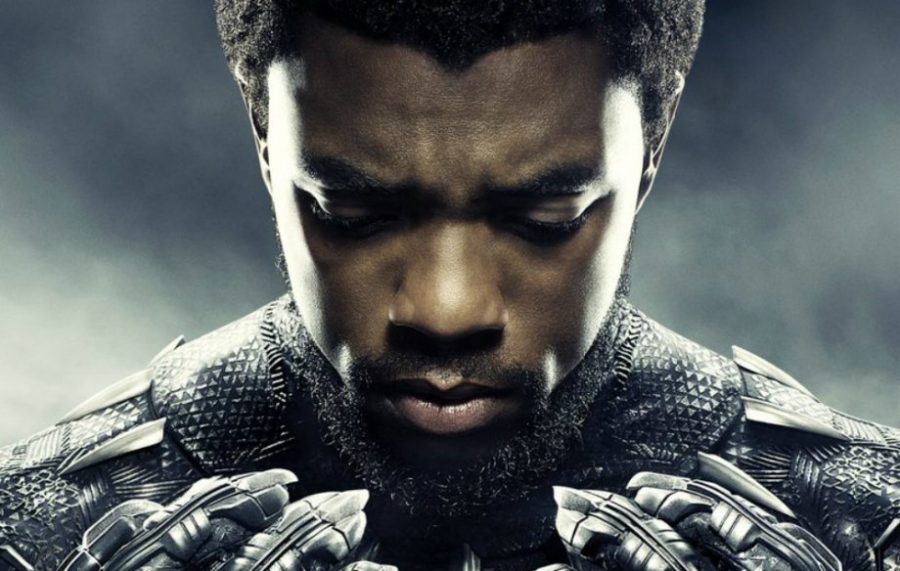Eli Aronson A few weekends ago, I had the privilege of seeing Black Panther, a powerful story about a superhero from a secluded, technically-advanced nation called Wakanda. I had not yet seen a Marvel movie as hyped up by the media as Black Panther and, going into the movie, I didn’t understand why it had received so much attention. Shortly after, though, I learned that the attention didn’t come from the exilitaring acting or special effects — it was because of the film’s racial component. The movie begins with T’challa, later known as the Black Panther, returning home to Wakanda to become its new king. He’s challenged for the throne by an American-Wakandan named Erik Killmonger, played by Michael B. Jordan. The film details his fight to protect his reign and country, and the themes of racial socialization, identity, and stereotypes are prevalent throughout. With much controversy in our country and the month dedicated to celebrating black history throughout the United States, the timing of Black Panther is perfect. Socialworks, a Chance-the-Rapper run non-profit dedicated to helping the community, held a celebration for the premier of Black Panther. Latin freshman, Lamar King attended the premier and said, “I was empowered by the movie not only because the characters looked like me, but they were portrayed as strong people.” He later added, “When people think of Africa, myself included, they think of poverty, disease and war, but this movie, although it’s fictional, gives us a different narrative of Africa. A more positive and uplifting one.” Lamar’s takeaways from the movie is exactly what the director, Ryan Coogler, wanted from the audience: a sense of cultural pride and empowerment. The “What is race?” class went to see the movie together recently, and had several discussions and assignments about their experience with movie. “The stereotype of every place in Africa being a third-world country that is in need of a white savior was completely dismantled, showing Wakanda as a booming, technologically thriving city. Even in the movie everybody that didn’t know about Wakanda had the same view, thinking of it as the same as every other African stereotyped country” said George Landsberg, a sophomore in the class.Another interesting aspect of the movie is that there were several times where the Wakandans had to save white people, almost reversing the stereotype of the world today. Once again, the movie achieved the goal of making the audience think and reflect. As I talked with my friends after the movie, I learned that there was much more than the racial stereotypes reversed and an empowering story for those who can relate in the African-American community. No matter who you are, what you believe, or where you are from, you should feel empowered from this movie — it gives hope to those in society who may feel that they may not have what it takes to be great or superhero-esque. Black Panther helps bring up a much needed topic in our country, which if watched correctly should lead to interesting conversation and more importantly, change. I would highly recommend seeing the movie, because we, us teenagers, are the intended audience. We have the ability to change society for the better and fix the flaws that this movie points out.]]>
Categories:
Black Panther: Not Just a Blockbuster
March 8, 2018
0
More to Discover






















































